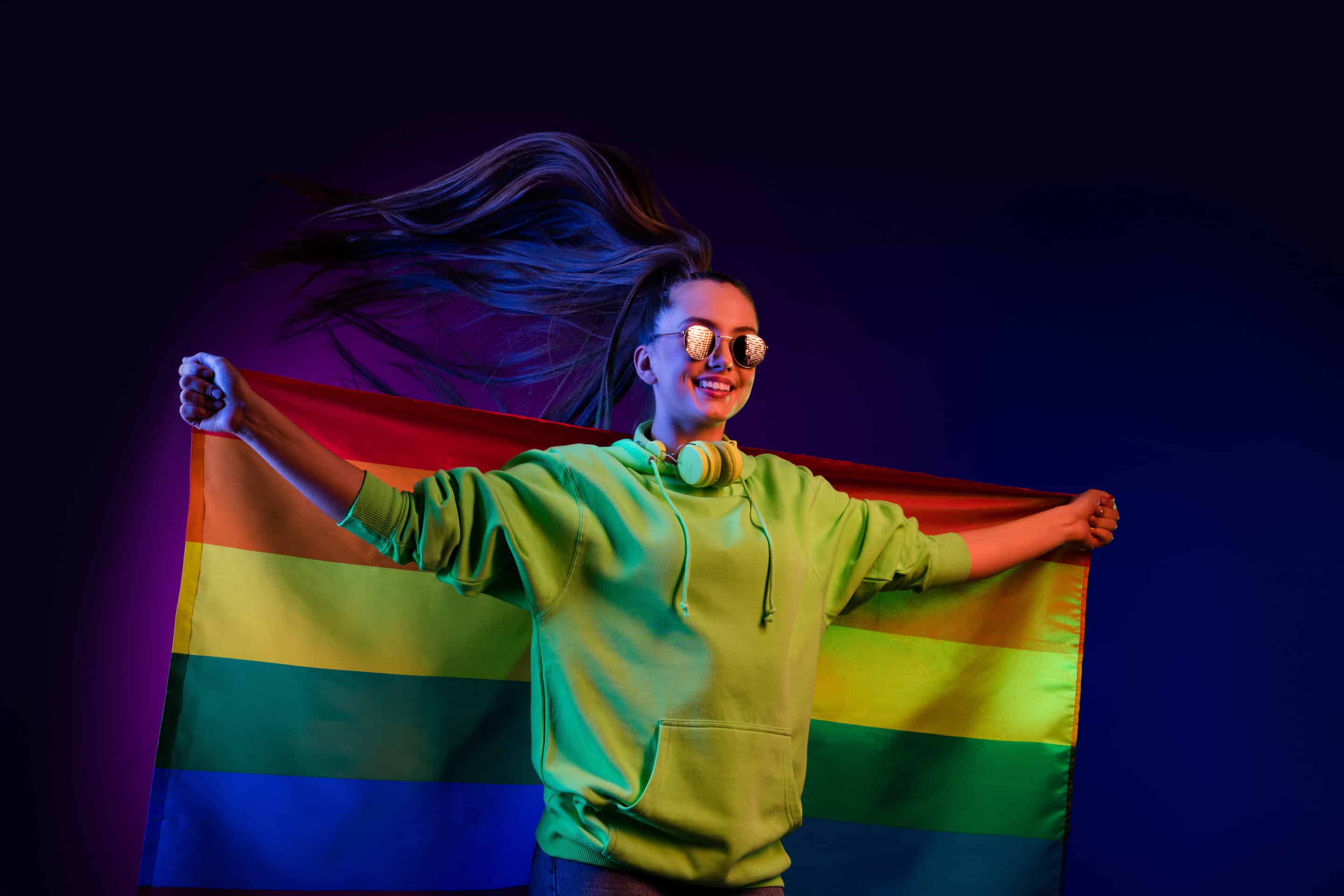Drug and alcohol addiction crosses all borders, genders, races, and sexual preferences. However, people who identify as LGBTQ often have a higher incidence of substance abuse disorders than other demographics. Fortunately, there are several LGBTQ drug addiction treatment centers that are customized for the unique needs of LGBTQ people with Substance Abuse Disorder (SAD). At Hickory Treatment Centers, we have compassionate sobriety therapy to help you make the changes in your life you need to stay sober and connect you with peers that understand where you are coming from.
Facts About Addiction and LGBTQ Populations
The higher rates of addiction in this demographic are backed up by several studies, such as one featured in the Psychology of Addictive Behaviorsjournal, which noted that LGBTQ persons have a higher incidence of alcohol and drug dependence.
Furthermore, it’s historically been more challenging for many members of this community to seek help from a LGBTQ drug addiction treatment center without judgment or bias. But, over the last couple of decades, the stigma or bias that many members of the LGBTQ community have faced has lessened. This may make it easier for these individuals to come forward and receive the treatment they need.
Now, more treatment facilities are offering programs specifically to address some of the unique underlying issues and concerns that could be part of the reason that LGBTQ people may drink or use drugs. By finding treatment that speaks to trauma, abuse, and mental health issues they face, members of this community may be better able to work through these issues and focus on lasting sobriety.
How Discrimination Affects LGBTQ Addiction
People who identify as a member of the LGBTQ community experience discrimination throughout their lives. The constant toll of oppression or discrimination means that members of this community means that they are four times more likely to develop substance abuse issues. Some contributing factors to underlying trauma may include:
- Physical abuse from family members or their partner
- Exclusion from activities or social groups
- Rejection from a spiritual community or their family of origin
- Public discrimination, including job loss or being passed over for promotion
- Ridicule and teasing of LGBTQ youth
Although sexual discrimination is illegal with regard to hiring or housing practices, that doesn’t mean that socially or in relationships, that these people suffer more than other demographics. The fear of facing these kinds of discrimination or the pain of experiencing them in their past can cause many people to self-medicate with alcohol or drugs.
It’s no wonder that getting treatment for substance abuse can be hard and painful for these individuals. Part of the reason people have relapse problems is that working through trauma and pain from past abuse and discrimination can be mentally and emotionally exhausting.

Treatment For LGBTQ Addicts
Therefore, because working through past issues may be more difficult for members of this community, having group and individual counseling and a strong support system is critical. While the first steps of drug and alcohol addiction treatment include detoxification and intensive therapy, adding counseling that addresses some of the unique needs of the LGBTQ community is critical.
If you’re struggling with drugs or alcohol and you identify as LGBTQ, finding the right addiction treatment provider can make the difference in achieving and maintaining sobriety.As a friendly lgbtq drug addiction treatment center, Hickory Treatment Centers can help. Call us today for a confidential assessment.

